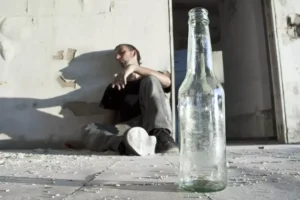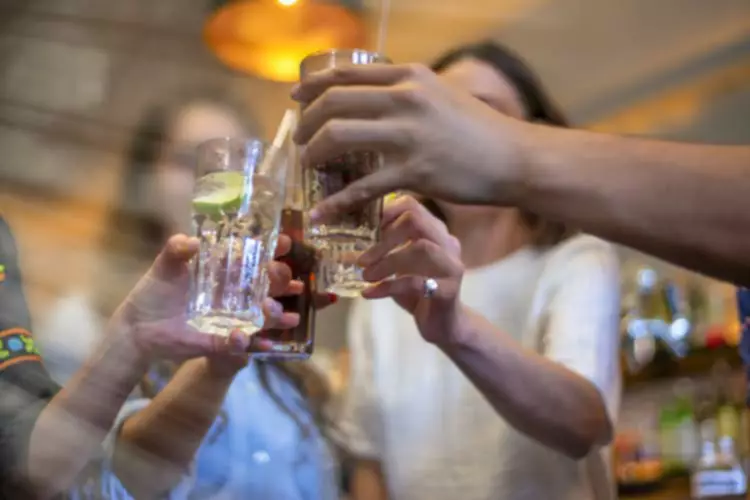Brittany Cartwright ‘skeptical’ about Jax Taylor sobriety

The liver, heart, and other vital organs benefit greatly, reducing the risk of serious conditions such as liver cirrhosis, heart disease, and various cancers. Benefits of being sober include better nutritional absorption, healthier skin, and a stronger immune system, which are essential for long-term health. Celebrating key milestones in sobriety is largely recognized as an important practice in recovery. Many programs and experts encourage celebration of all milestones, no matter how big or small.
- This is one of the pivotal benefits of being sober from alcohol, as it fosters a clearer state of mind and promotes emotional stability, making it easier to cope with daily stresses.
- Deciding to quit isn’t easy, but it’s a brave and commendable first step toward becoming sober.
- Once you embrace sobriety, it can also bring about a transformation not just in how you perceive yourself but also in your physical appearance to others.
- Are you taking positive actions that are going to help you or someone else in recovery?
- That’s why it’s common for people who use alcohol to be malnourished.
Sobriety gets better in its own time.

Gone are the days when seeing being sober sucks a cop car made your heart race, checking if you were over the limit from last night’s drinks. Now, driving by a cop is just part of the scenery, no stress involved. It’s kind of nice not to have that mini panic attack every time you see those flashing lights, even if they’re not for you. It’s pretty nice to actually enjoy your coffee and not use it as a lifeline. Plus, having the energy to get things done or just chill and enjoy the morning quiet.
Benefits Of Being Sober

If you stay focused, you won’t even notice when the cravings disappear. Yesterday I woke up, drank half a pot of coffee, ate some steak and eggs, and went to the gym even though it was my day off. I now look forward to all of these activities – my morning coffee, eating good food, working out – at least as much as I used to look forward to drinking. This is a testament to the plasticity of the brain and the rewards of healthy substitution. I found it disheartening and disconnected from my pain.
Contact The Insight Program in Peachtree City, GA
Embracing sobriety often leads to a noticeable improvement in mood, as individuals move away from the temporary emotional fixes alcohol provides to more stable, genuine feelings. Drugs and alcohol take a massive toll on the body over time. drug addiction treatment Long-term alcohol use, for example, is linked to liver damage, heart disease, and an increased risk of certain cancers. Drugs like opioids, stimulants, or even marijuana can cause respiratory, neurological, and cardiovascular issues. Quitting these substances allows your body to heal, increasing your energy levels, improving sleep, and reducing your risk of life-threatening conditions.

Top 10 Benefits of Sobriety
By focusing on the positive aspects, sobriety can become a fulfilling lifestyle. By embracing sobriety, you can (and will!) experience a range of health benefits that enhance your overall quality of life. However, the rewards that come with it are well worth the effort invested. With each step forward, individuals battling addiction find themselves reclaiming their lives, experiencing personal growth, and rediscovering a sense of purpose. Start by talking to your doctor about how much alcohol you’ve been using and your plan to quit.



